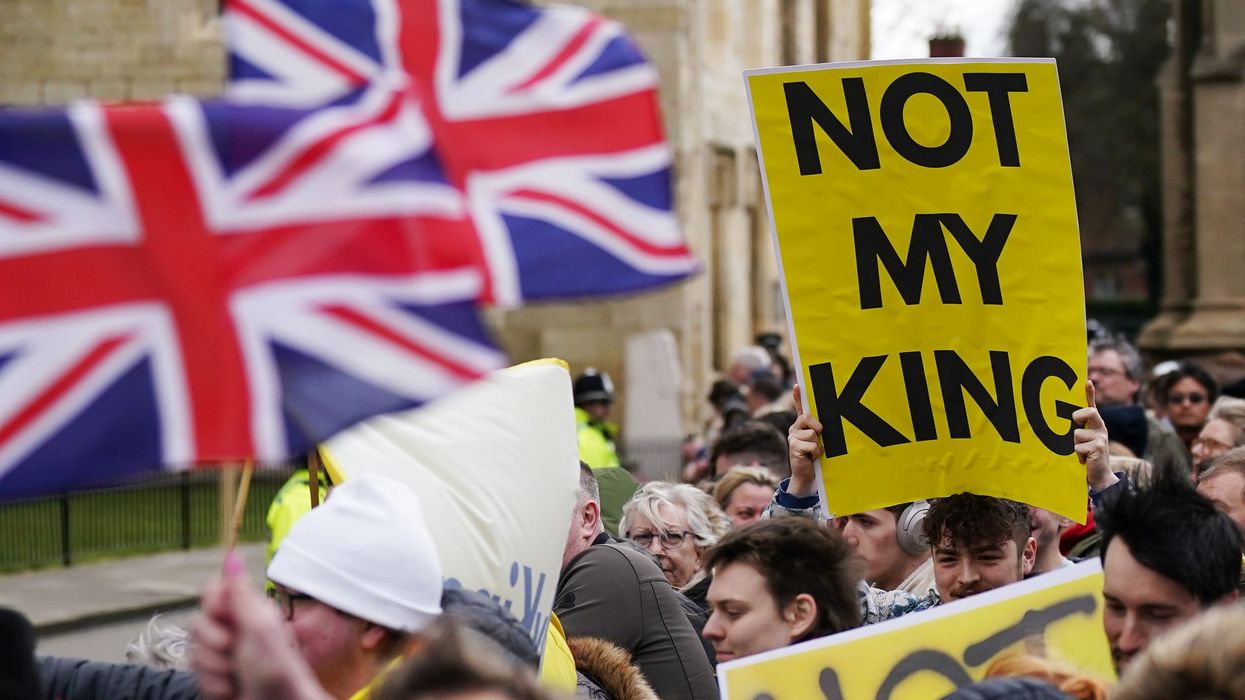Republic, the largest anti-monarchist group in the UK that advocates for an elected head of state, proposed on Monday (24) that India could take a leading role in the Commonwealth to demonstrate that the organisation is not inextricably linked with the British royal family.
Graham Smith, CEO of Republic, pointed to recent opinion polls that reveal declining support for the monarchy, particularly since the departure of Queen Elizabeth II, who was considered the monarchy's "star player."
With King Charles III's coronation scheduled on May 6, Republic is finalising plans for a series of #NotMyKing protests to be held at Trafalgar Square and along the central London route of the 74-year-old monarch's coronation procession.
“I think what India can do is remind us that the Commonwealth and the monarchy are not connected,” Smith told PTI in an interview.
“India made the right choice a long time ago to get rid of the monarchy, to separate from the Crown and be a Republic, and that is a strong reminder that the Commonwealth is not linked to the Crown in that way,” he said.
In August 1947, when India gained independence, it decided to sever all colonial ties and become an elected Republic, unlike some former colonies that retained the British monarch as their head of state.
Smith expressed his belief that other Commonwealth countries that still have ties to the Crown will also need to embrace the Republic movement and ditch the monarchy.
When asked if the Commonwealth, a political union of 56 member states, the majority of which are former territories of the British Empire, could outlive the British monarch as its head, Smith said, “The Commonwealth is quite separate from the monarchy, with most Commonwealth countries as Republics. So, there's no reason why the Commonwealth can't survive beyond the monarchy.
“Part of the problem with the monarchy is that it projects this idea that they are somehow integral to the Commonwealth. But they really aren't. They play a very small part in that organisation's life.”
Smith made these remarks in response to a new YouGov poll released by the BBC on Monday for a 'Panorama' programme, which aims to gauge the British public's perception of the monarchy ahead of King Charles and Queen Camilla's coronation next month.
The results shows that 58% of the British public prefer to keep the monarchy, but support appears to be dwindling among young people. Only 32% of 18–24-year-olds back the institution, compared to 78% of over-65s.
Meanwhile, 38% of the younger group prefer an elected head of state, with 30% undecided.
Smith believes that the "don't knows" group identified in the recent YouGov poll will ultimately assist their campaign's call for a referendum on the monarchy's future.
The group's goal is to push for a referendum and parliamentary act that would establish an "elected and transparent" monarchy, as they believe Charles is not as popular nor commands the same level of respect as his late mother.
(With inputs from PTI)




